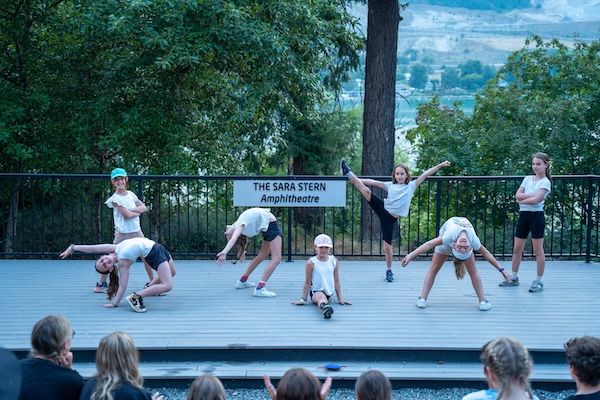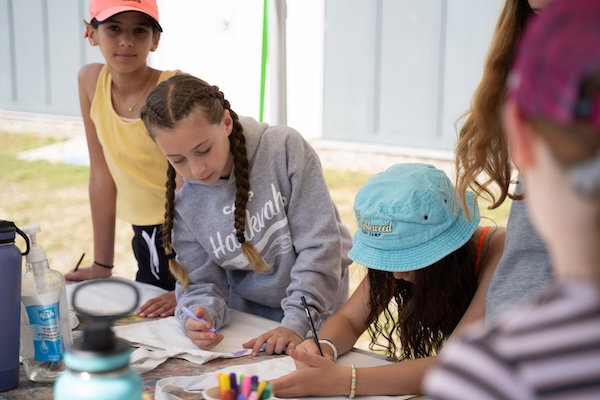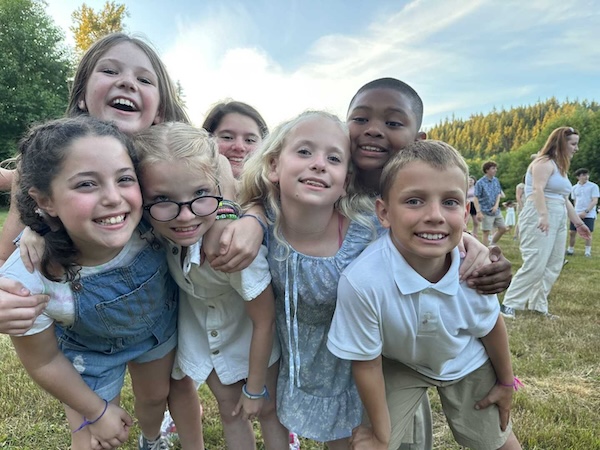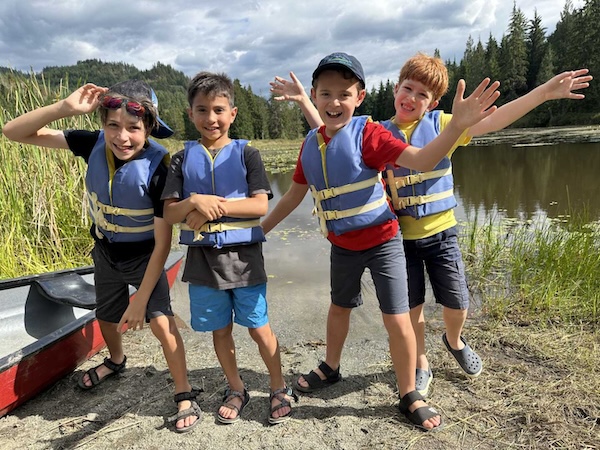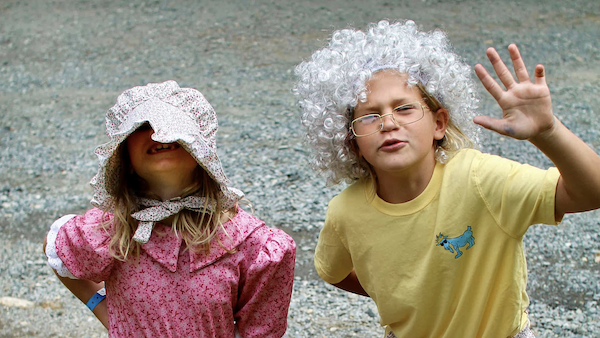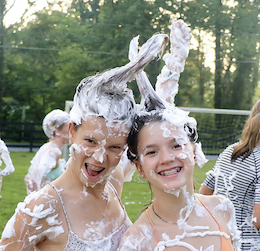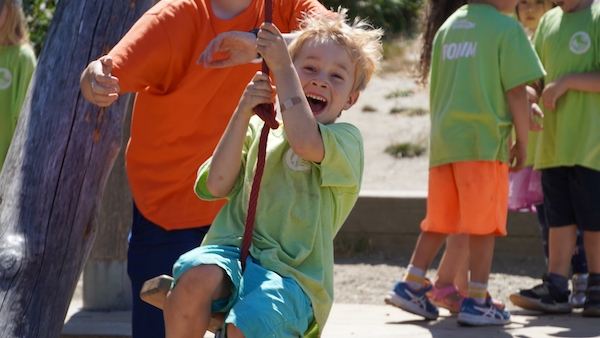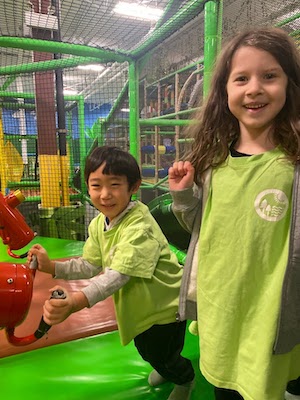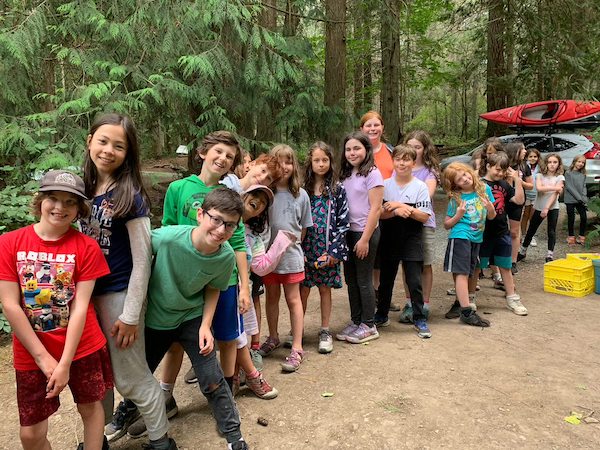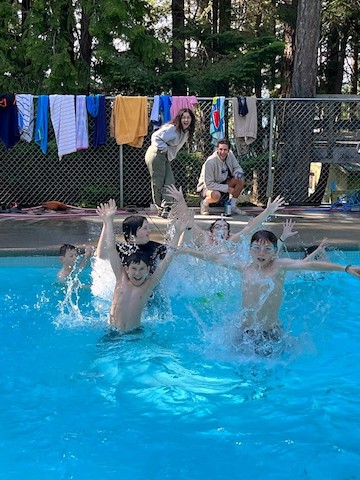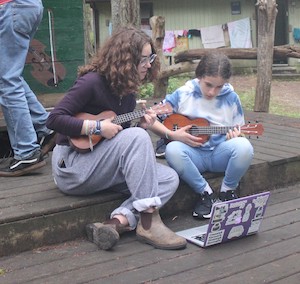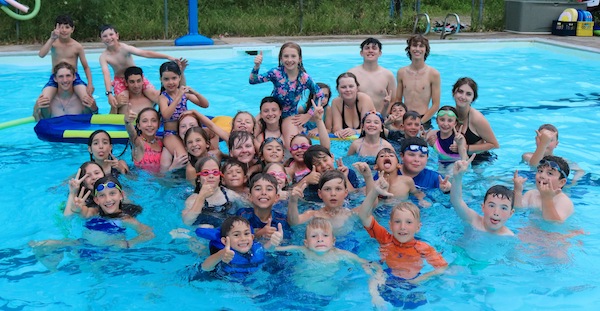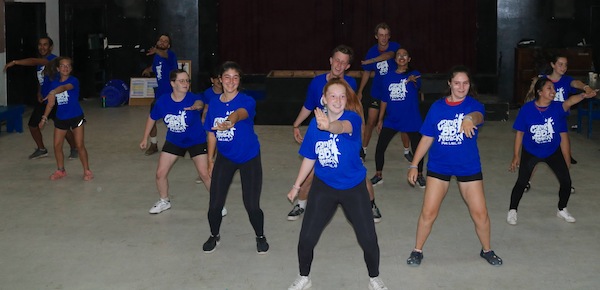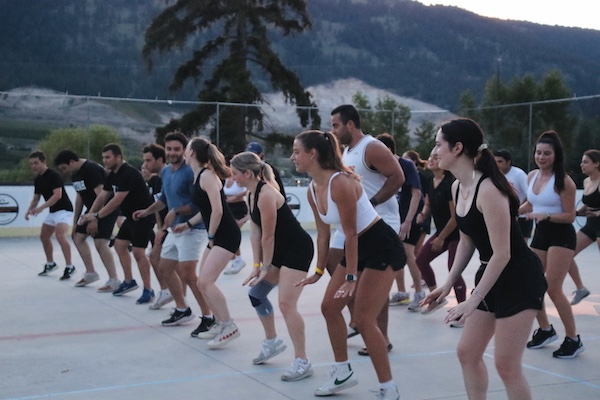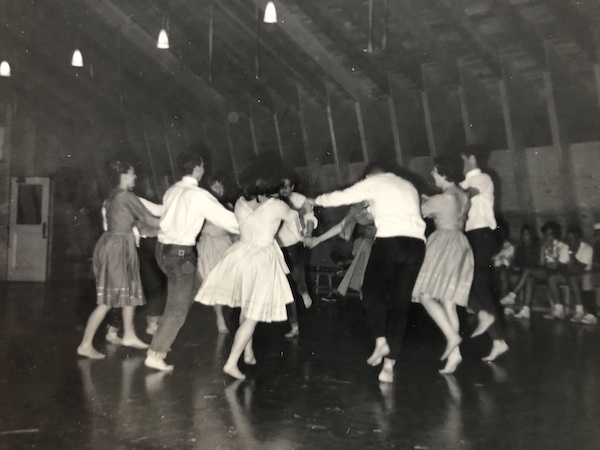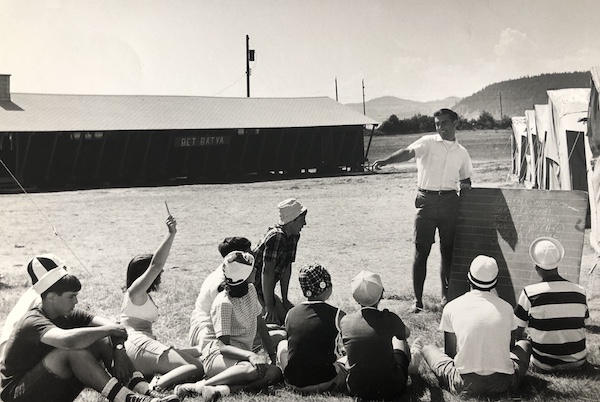Camp Solomon Schechter’s Spark event in Vancouver on May 4 honours the Siegel family’s generational connections to the camp. (photo from campschechter.org)
Once again, Camp Solomon Schechter (CSS) is hosting one of its three annual Schechter Spark events in Vancouver – on May 4, at the Tap & Barrel Bridges location on Granville Island.
The fundraising and community-building events hosted by the camp each year run simultaneously in Vancouver, Seattle and Portland – the camp’s main hub cities. This year’s Schechter Spark will honour three families – one tied to each location – who have generational connections to the camp. In Vancouver, former Beth Tikvah and Beth Israel spiritual leader Rabbi Howard Siegel, Ellen Siegel and their growing family will be celebrated.
Rabbi Siegel, originally from Spokane, Wash., first attended CSS in 1961, when it was located on Whidbey Island. His experiences there led him down a path toward the Conservative rabbinate, a Jewish family and a life of Jewish service that took him to Vancouver, as well as many communities in the United States. In 1968, he convinced his then-girlfriend, Ellen Kushner, to join him as a camp counselor. The couple returned again to CSS in 1970, this time at its new (and current) Tumwater, Wash., location – Howard as educational director and Ellen as camp nurse.
Ellen Siegel credits the camp for helping her perfect her independence as a health practitioner, while Howard Siegel built his future rabbinate under the mentorship of Portland’s Rabbi Joshua Stampfer and Vancouver’s Rabbi Wilfred Solomon.
The Siegels’ three children also attended CSS and their oldest daughter, Ronit, began her relationship with husband Tadd Berger while they were summer staff together in the 1990s. Naturally, they sent their three children to CSS, and all three have been both campers and staff.
The Seattle and Portland Sparks will recognize the Schiller families and Atkins families, respectively, with more than 500 participants expected to attend between the three locations.
“As we celebrate another year of impact, Spark is a time to honour our past, celebrate our present and invest in our future,” said CSS executive director Zach Duitch. “We look forward to gathering with our beloved community to share stories, laughter and our collective commitment to Jewish camping.”
Camp Solomon Schechter has been a cornerstone of Jewish life in the Pacific Northwest for more than 70 years. Spark endeavours to embody the spirit of camp, bringing its values to life through an evening of joy, generosity and togetherness.
Schechter Spark in Vancouver is a free event with online registration, and will include appetizers, drinks and a few camp-style special presentations. For more information or to register, visit campschechter.org/spark or contact Leah Conley, lconley@campschechter.org.
– Courtesy Camp Solomon Schechter


